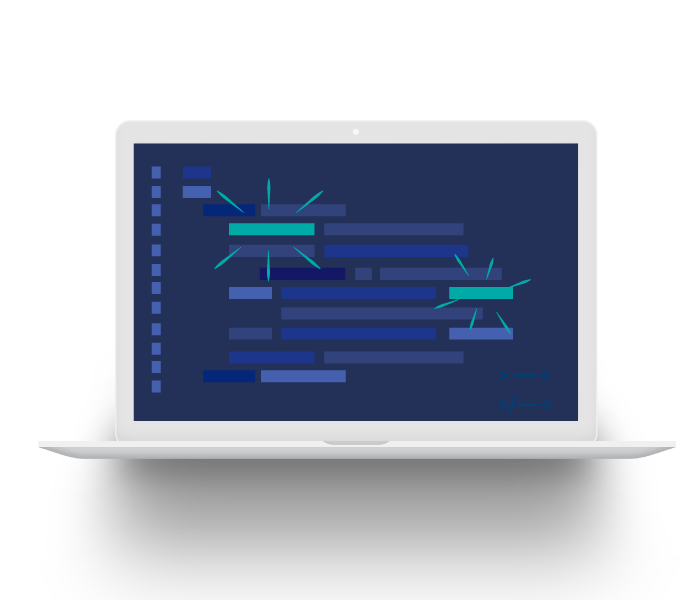Aging Principles
Within any software development team, testing involves investigation and analysis to identify product risks. Testers also provide information to stakeholders about the quality and complexity of testing so confidence levels are well understood. Depending on the methodology used, the success of a release may be largely based on the effectiveness of the test role.
In traditional methodologies, testers mainly contribute to delivery at the end of the process. If the testing phase only begins after analysis, design and implementation phases have been carried out, adapting to change becomes more difficult. Major issues found during this phase are usually so embedded, they are too risky to rework. If budgets and time pressures are a factor, it is always testing that suffers. Producing a high standard of testing becomes more and more challenging, and the blame culture starts to set in.

















.png)
